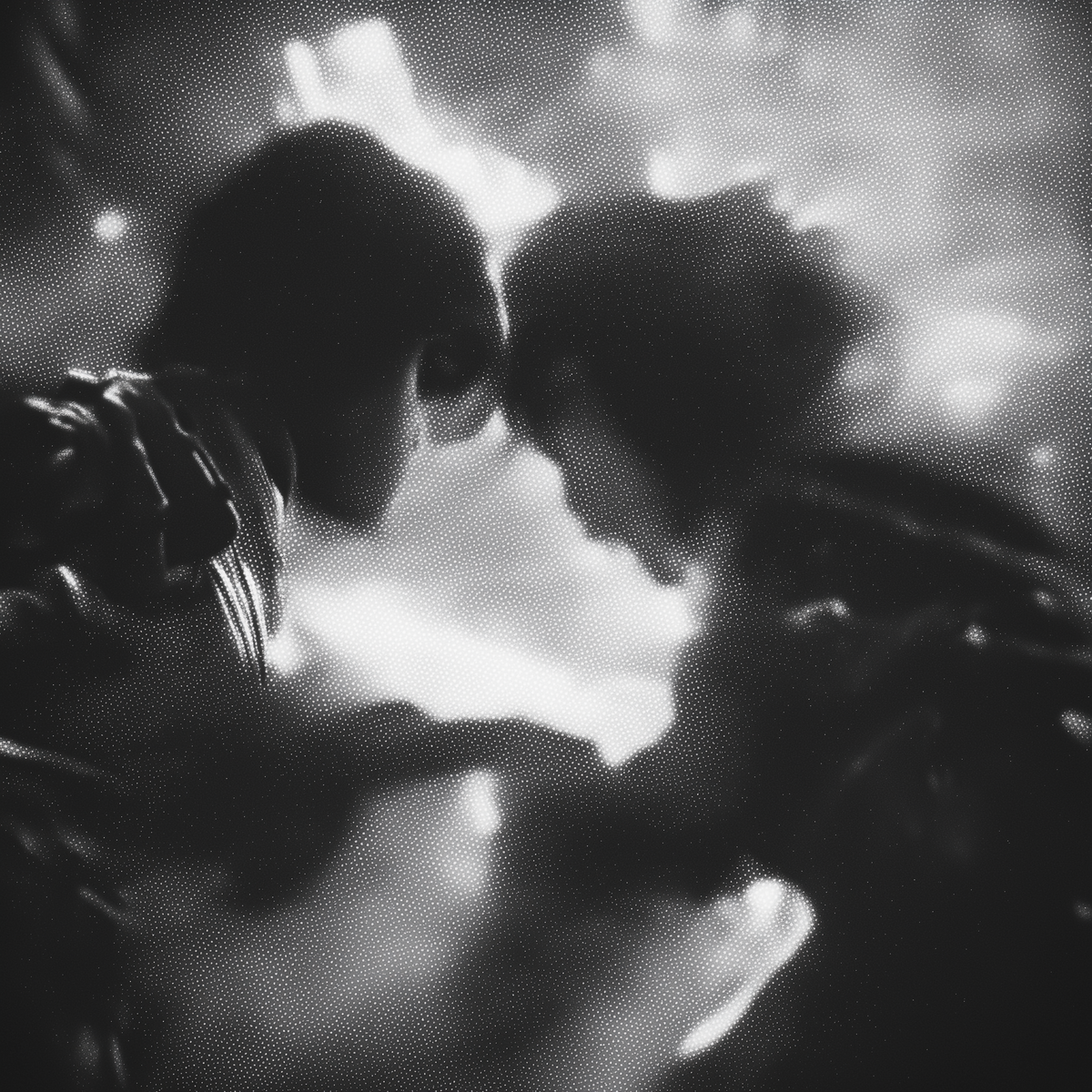What "Ghost in the Shell" has taught us about AI in 1995

In the 1995 anime film "Ghost in the Shell" (based on the manga of the same name), directed by Mamoru Oshii, a specific scene encapsulates a theme that feels even more important nowadays than in 1995:
After a climactic battle, a discussion takes place between Major Motoko Kusanagi and the Puppet Master, a highly advanced AI about the themes of identity, consciousness, and evolution, highlighting the risks and philosophical dilemmas of a highly interconnected, technologically advanced society. This conversation delves into the idea of diversity and individuality being essential for the evolution and survival of both humans and AI.
Watch it here: https://www.youtube.com/watch?v=MWgTfMAEW30
Particularly, this dialogue is noteworthy:
"A mere copy doesn't offer variety or individuality. To exist, to reach equilibrium, life seeks to multiply and vary constantly, at times giving up its life. Cells continue the process of death and regeneration. Being constantly reborn as they age. And when it comes time to die, all the data it possesses is lost leaving behind only its genes and its offspring. All defense against catastrophic failure of an inflexible system. You want the variety needed to guard against extinction."
I wonder how much we realize that in our working world, which strives for predictability, conformity, standardization, and an increasing narrowing of what's considered normal, the persistent demand for sameness has unintended consequences: Not only does homogenization make us replaceable by machines (read: you become obsolete as a human worker as soon as your work becomes repeatable), but uniformity itself breeds vulnerability through a single bug or virus that affects everyone connected to the same system.
Our diversity, creativity, and unpredictability then become our most important assets, making us uniquely human. And yet, our working world despises unpredictability, creativity only in certain fields, and diversity only as an afterthought.
What technologies will we build to merge with AI so that we have the best of two worlds, not the worst of both? What startups out there pick up these themes in order not to improve our predictability but to use our human unpredictability as an advantage?
